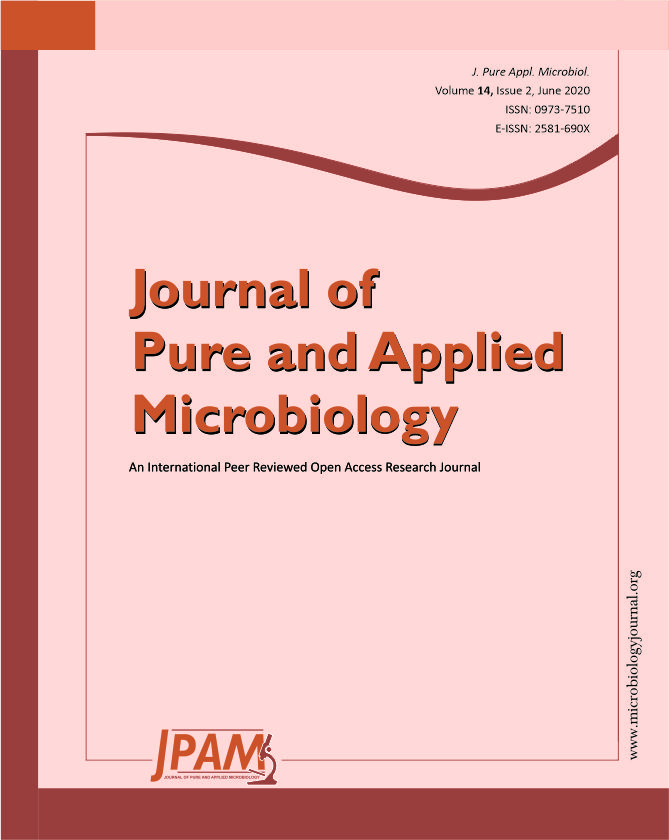The usefulness of medicinal plants has evoked increasing research interests to combat antimicrobial resistance. The current work reports on the in vitro bioactive activities, i.e., antibacterial, anti-biofilm and cytotoxicity evaluation of three medicinal plants. Extracts from different plant parts (leaves, stems, and root barks) were obtained using different solvents, such as methanol, ethanol, and water. The methanolic extracts of bark of Juglans regia and Tamarix aphylla L., whereas the stem of Acacia modesta (Wall.) exhibited the highest antibacterial activity. The maximum zone of inhibition, i.e., 21.8±0.76 mm was observed against H. influenza for a methanolic extract of J. regia. Similarly, the maximum inhibition zones of ethanolic extract of T. aphylla L. against A. baumannii and methanolic extract of A. modesta against S. aureus were recorded. Notably, a higher anti-biofilm potential of the methanolic extract of J. regia was recorded against six pathogenic strains. Finally, the cytotoxicity of plants extracts was evaluated by testing the hemolytic activity against human erythrocytes, that displayed the negligible percent lysis of RBCs. In conclusion, the results of this study provided information related to the possible use of some medicinal plants in the treatment of microbial related ailments.
Medicinal plants, methanolic extract, bacterial pathogens, antibacterial, anti-biofilm, cytotoxicity
© The Author(s) 2020. Open Access. This article is distributed under the terms of the Creative Commons Attribution 4.0 International License which permits unrestricted use, sharing, distribution, and reproduction in any medium, provided you give appropriate credit to the original author(s) and the source, provide a link to the Creative Commons license, and indicate if changes were made.


